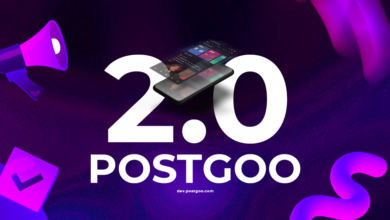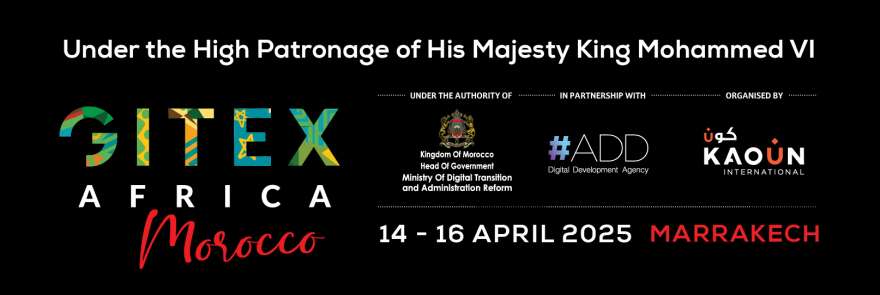
In the dynamic and perpetually evolving realm of the events industry, the emergence of state-of-the-art technologies has instigated an unprecedented digital upheaval. Events are no longer confined to isolated instances in time, but rather immersive and interconnected experiences. This radical metamorphosis is the outcome of a deft integration of myriad technological innovations that are redefining the manner in which we orchestrate and engage in these assemblies.
At the epicenter of this upheaval resides blockchain technology, a formidable force that has transformed event management in an unparalleled manner. From ticket distribution to participant tracking, blockchain has become an indispensable pillar in terms of transparency and security. Each transaction, each interaction is now inscribed immutably in a blockchain, thereby fostering an unwavering trust in the authenticity and security of events. Blockchain assumes the role of the digital custodian of event experiences, guaranteeing transparent and secure management at every juncture of the process.
However, the transformation does not culminate here. Artificial Intelligence is revolutionizing the event experience by proffering unparalleled personalization. From agenda recommendations predicated on individual predilections to predictive analysis, AI engenders unique and bespoke events for each participant. This profound personalization imbues every moment with significance and renders them indelible.
Concurrently, the digitization of events is advancing with the evolution of virtual badges. These badges are amalgamated into applications, facilitating real-time tracking of participants and comprehending their interactions, interests, and individual trajectories in intricate detail. Thus, the transition from physical badges to virtual badges heralds the inception of a new epoch of connectivity and analysis.
In this epoch of flux, hybrid events are surfacing as the quintessential amalgamation of the virtual realm and the physical world. This groundbreaking approach redefines accessibility, engagement, and the overall impact of assemblies. Participants now wield the flexibility to opt for physical or virtual attendance, thereby unveiling unprecedented outreach possibilities for these events.
The escalating integration of RFID technology serves to augment this experience further by obliterating impediments pertaining to expeditious access control or contactless transactions. This revolution markedly enhances the operational efficiency of events, proffering participants a seamless and unhindered experience.
In the domain of corporate events, augmented reality is metamorphosing conferences. From interactive presentations to virtual demonstrations, the demarcation between the real world and the virtual world is becoming indistinct, thereby fostering an immersive and captivating experience for participants.
Furthermore, events prioritizing sustainability are at the vanguard of technological innovation. Events are harnessing technology to diminish their environmental footprint, embracing intelligent waste management methodologies and championing renewable energy sources.
Real-time data analysis assumes a pivotal role in this revolution, dynamically modulating event facets predicated on participant conduct. This optimization ensures a seamless and personalized experience for each individual, thereby contributing to the creation of memorable instances.
Event technology is charting the course towards an era where every facet of an event is metamorphosed by technology. From immersive experiences to bolstered security, each innovation contributes to the creation of indelible moments, propelling the events industry to unprecedented zeniths of creativity, safety, and engagement. The digital revolution in the world of events is in full swing, and the future portends to be even more riveting.









